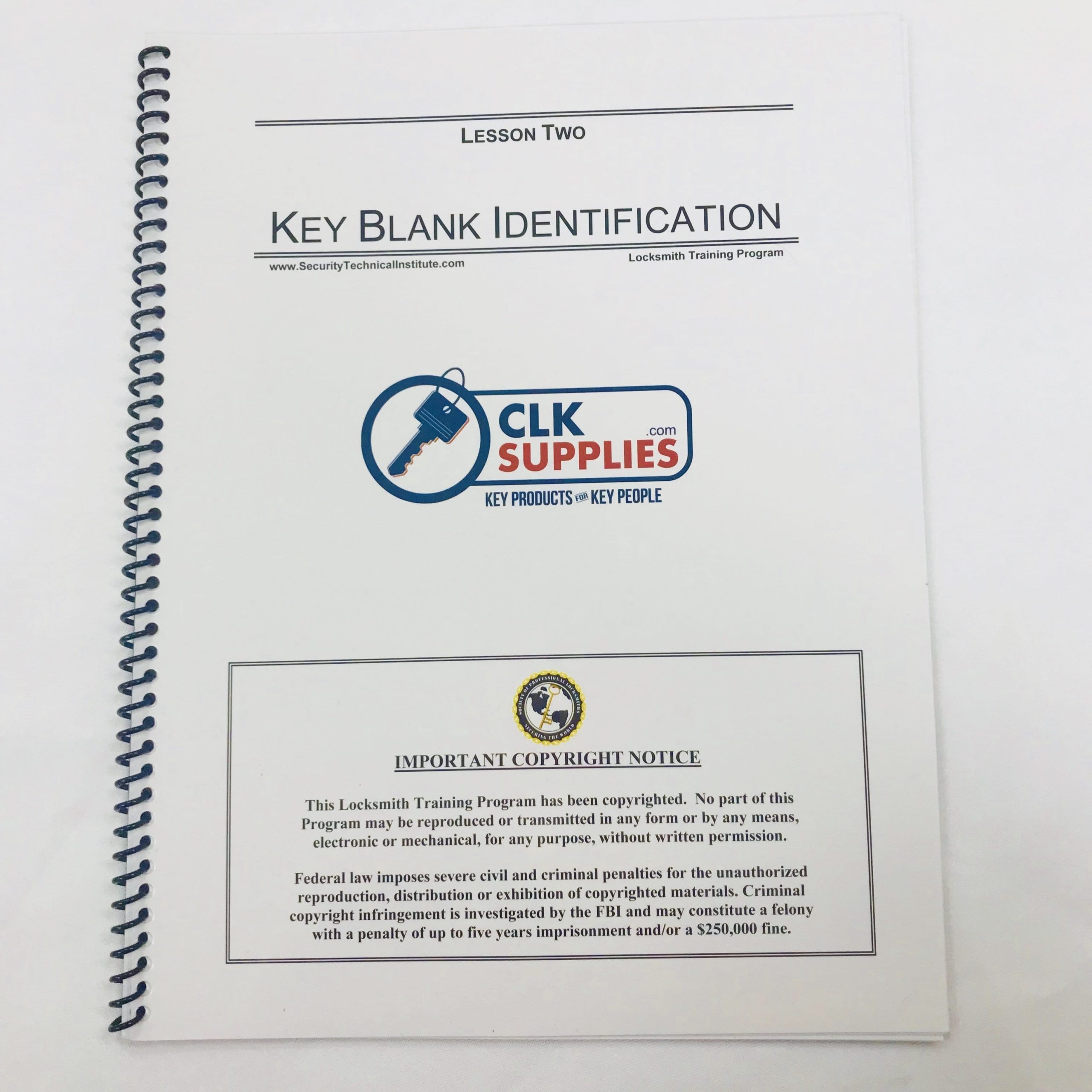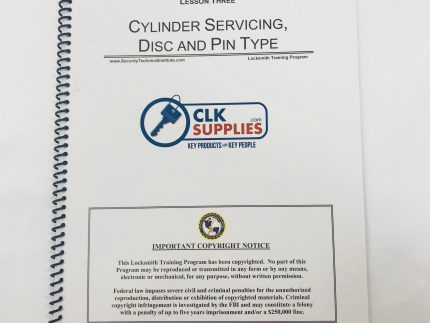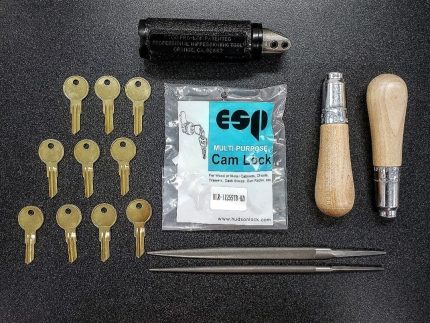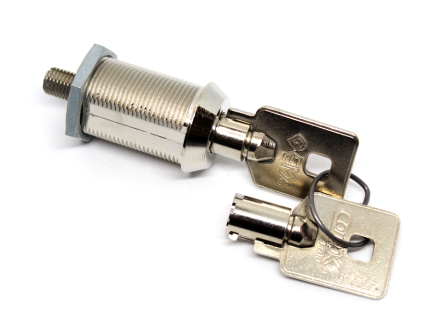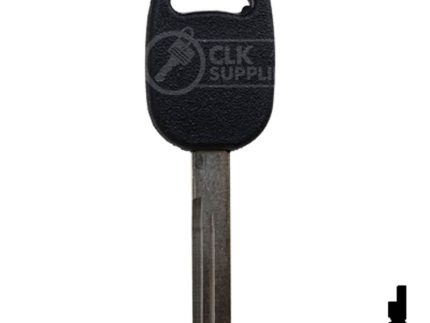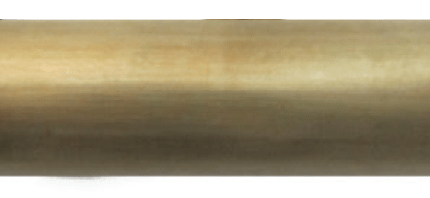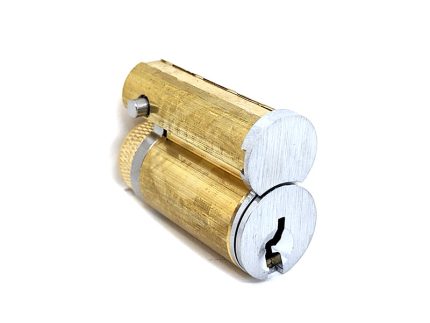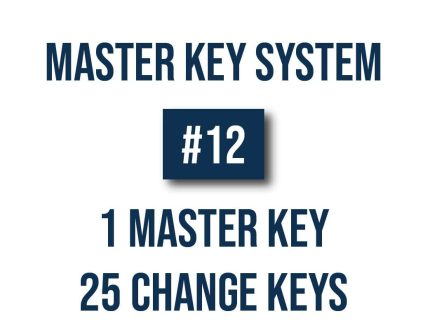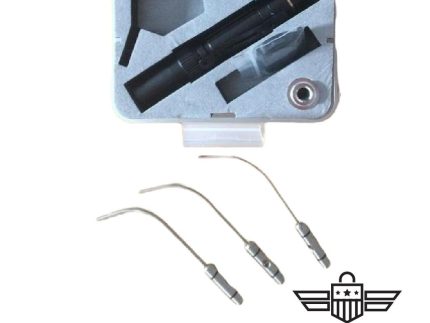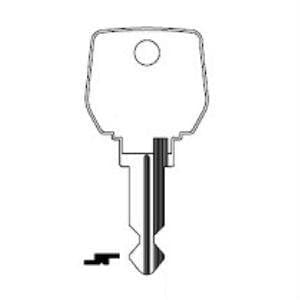Learn How to Identify Key Blanks- Step by Step Guide
Lesson 2 in the Locksmith Training Program covers key blank identification. This chapter contains information that is essential to learning and understanding types of key blanks and their parts.
Everywhere you look these days there are businesses duplicating keys! Hardware stores, shoe repair stores, auto supply stores and pet stores are just a few. What exactly are these stores doing when they duplicate a key? They are cutting a blank key to match an already cut key. A skilled locksmith also duplicates keys. To do that correctly, you need the ability to identify key blanks correctly.
In this lesson, you’ll learn about identifying the types of key blanks and their parts.
After completing this lesson you will be able to:
- Identify the four common types of keys in use today.
- Describe how to match a bit key blank to a customer’s bit key.
- List the critical measurements when matching a barrel key blank to a customer’s barrel key.
- List the critical measurements when matching a flat key blank to a customer’s flat key.
- Identify the parts of a cylinder key.
- List the important factors to consider when matching a cylinder key blank to a customer’s cylinder key.
- List the common milling shapes and runouts used with cylinder keys.
- List the most common methods to use when looking up a key or a key blank in a key blank directory.
- Explain when you should use the cross reference section of a key blank directory, such as the Ilco 60 Key Blank Directory.
